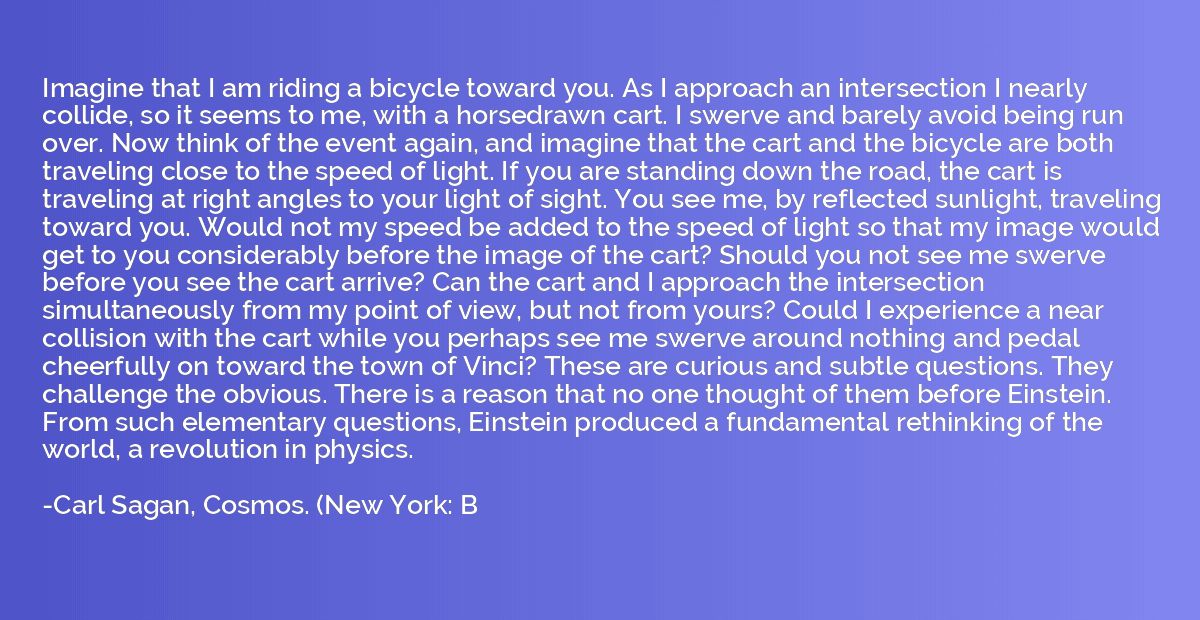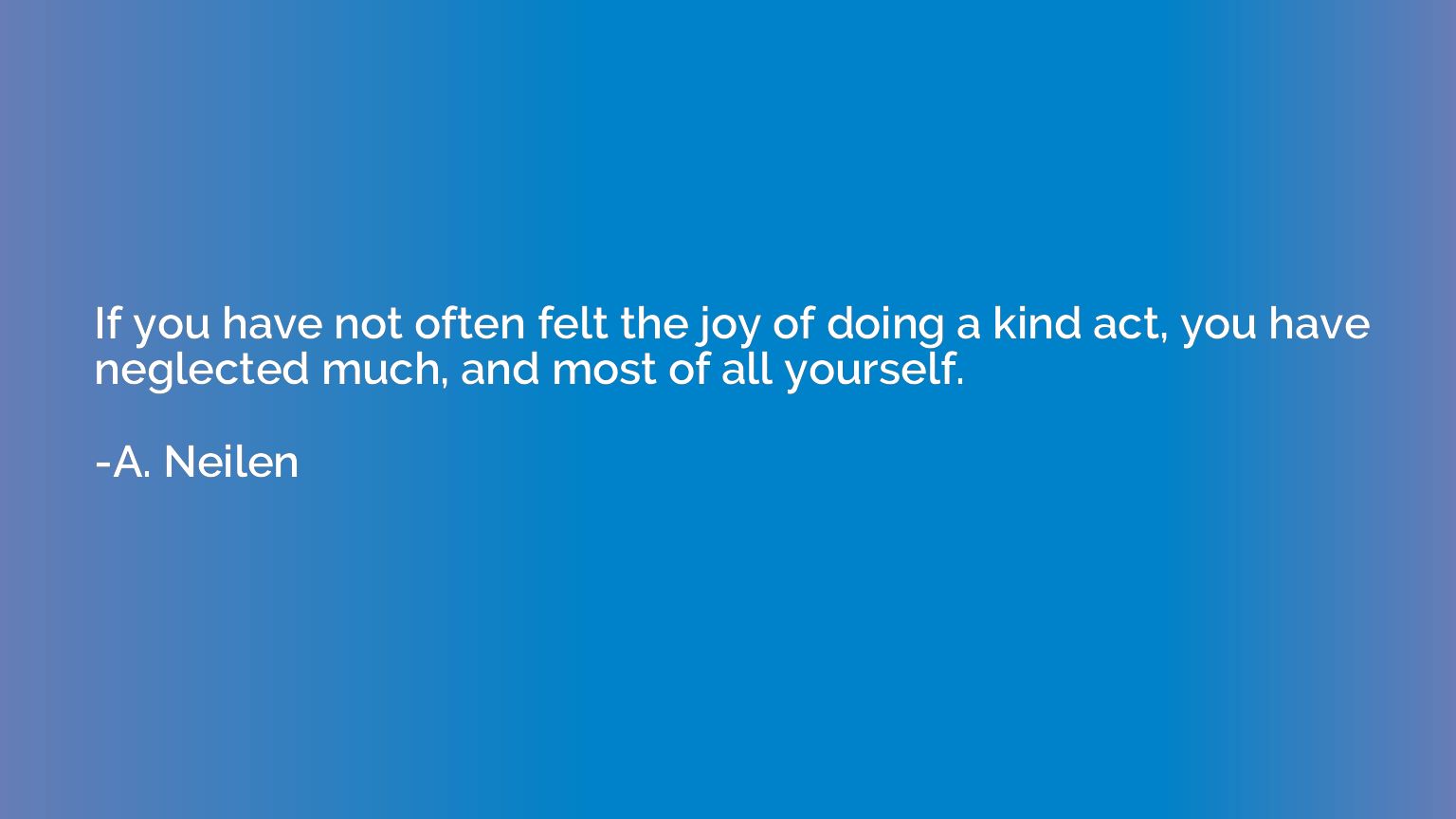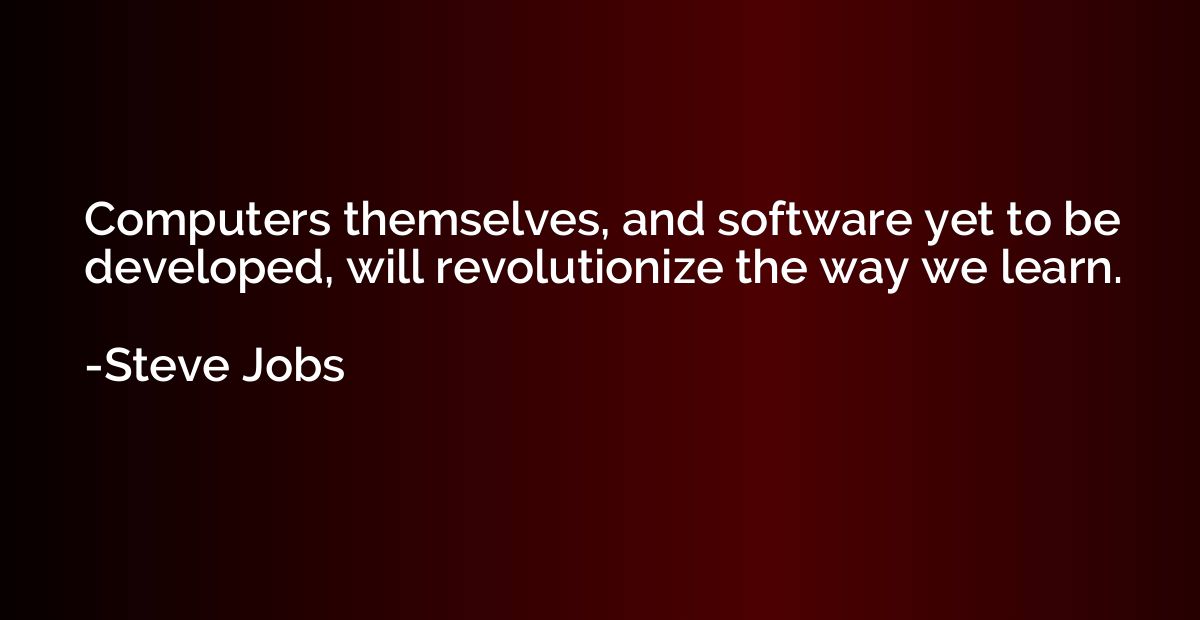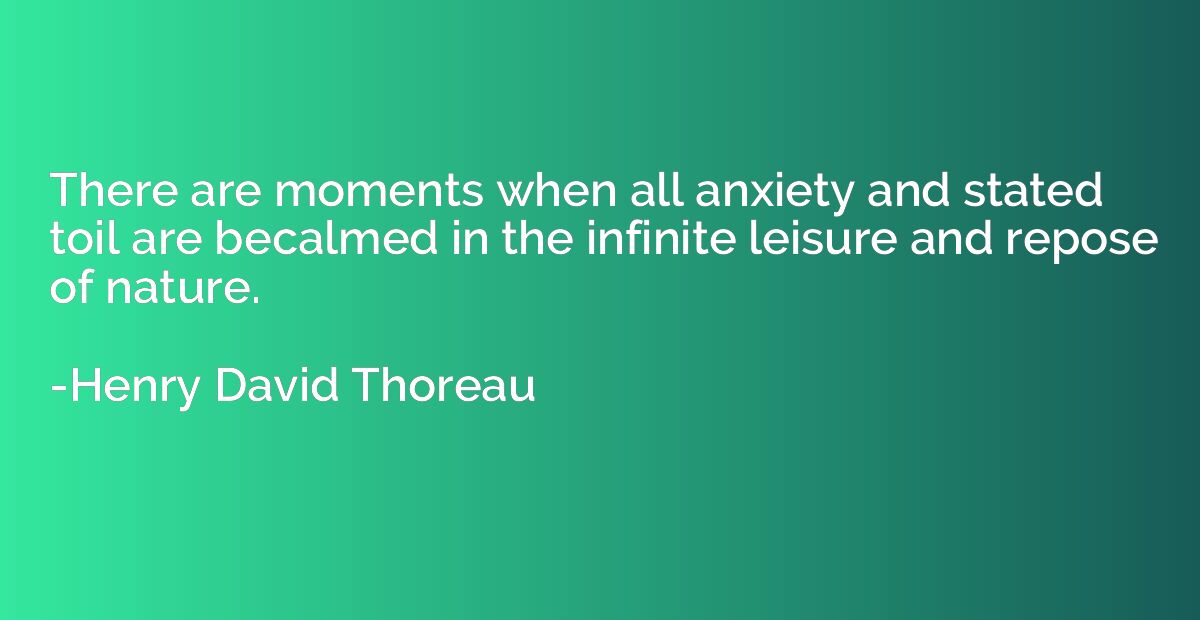Quote by Carl Sagan, Cosmos. (New York: B
Imagine that I am riding a bicycle toward you. As I approach an intersection I nearly collide, so it seems to me, with a horsedrawn cart. I swerve and barely avoid being run over. Now think of the event again, and imagine that the cart and the bicycle are both traveling close to the speed of light. If you are standing down the road, the cart is traveling at right angles to your light of sight. You see me, by reflected sunlight, traveling toward you. Would not my speed be added to the speed of light so that my image would get to you considerably before the image of the cart? Should you not see me swerve before you see the cart arrive? Can the cart and I approach the intersection simultaneously from my point of view, but not from yours? Could I experience a near collision with the cart while you perhaps see me swerve around nothing and pedal cheerfully on toward the town of Vinci? These are curious and subtle questions. They challenge the obvious. There is a reason that no one thought of them before Einstein. From such elementary questions, Einstein produced a fundamental rethinking of the world, a revolution in physics.

Summary
This quote highlights the fascinating concept of how perception and the speed of light can alter our understanding of events. It presents a thought experiment where a bicycle and a horse-drawn cart are involved in a near collision. However, when both of them are traveling close to the speed of light, their relative speeds and the angle of observation come into play. The quote questions whether the speed of light would affect our visibility of these events, suggesting that different observers may perceive the situation differently. This thought experiment illustrates how Albert Einstein's groundbreaking theories challenged conventional wisdom and led to a revolutionary reimagining of the world through his contributions to physics.














